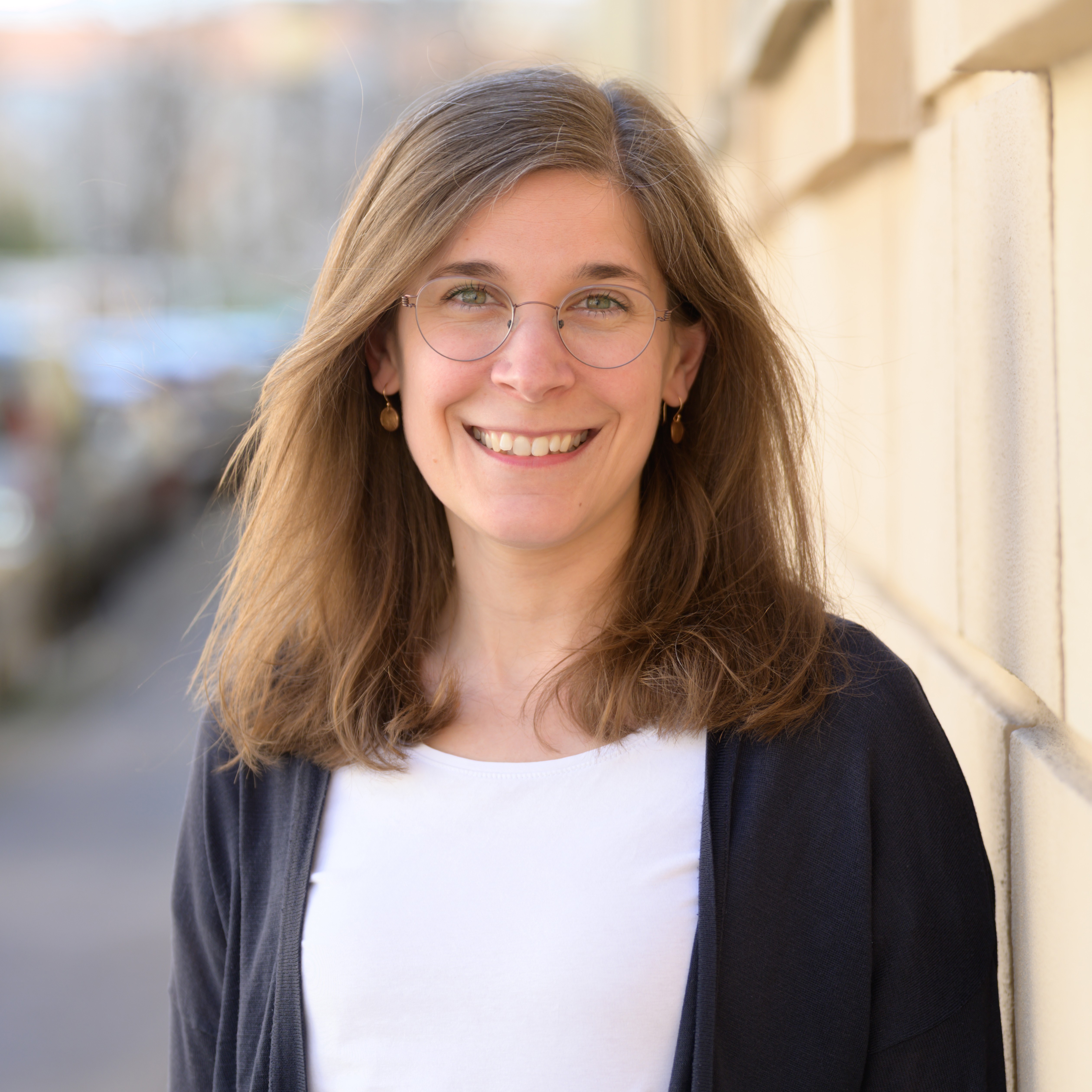Teaching
I had the opportunity to start teaching undergraduate classes from early on. In teaching, I like to share my fascination for speech with students because I see how discussions in class open new perspectives and how this in turn promotes my own critical analysis of the topics. It brings me joy to see how my students develop interest in the topics I am passionate for. Teaching also helps me a lot in reducing complex topics to the essentials and finding ways to transmit science in easy to understand ways.
Introduction to First Language Acquisition, Humboldt University of Berlin
This is an introductory seminar for BA German Linguistics and BA German. It deals with the three braod topics phonology/phonetics, lexicon, and grammar, as well as empirical methods used for research on language acquisition. Because we mostly dealt with early language acquisition approximately in the first three years of life, phonological and phonetic developments were the focus of the class.
I taught this seminar in the summer term 2023.
Syllabus (in German)
Speech Production in First Language Acquisition, University of Potsdam
This is an advanced seminar for BA General Linguistics and BA Computational Linguistics. It focuses on various aspects related to the acquisition of spoken language. In addition to input and plenary discussions, in this class, students worked on subtopics of their choice which they presented in class.
I taught this seminar in the summer terms 2016 and 2017.
Example syllabus (in German)
Introduction to First Language Acquisition, University of Potsdam
This is an introductory lecture for BA General Linguistics and BA Computational Linguistics. It deals with the three braod topics phonology/phonetics, lexicon, and grammar, as well as empirical methods used for research on language acquisition. Because we mostly dealt with early language acquisition approximately in the first three years of life, phonological and phonetic developments were the focus of the class.
I held this lecture in the winter terms 2015, 2016, 2017, 2018, and 2019.
Example syllabus (in German)
